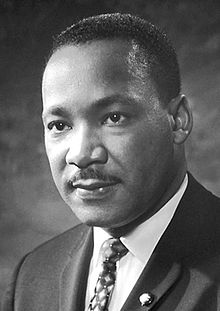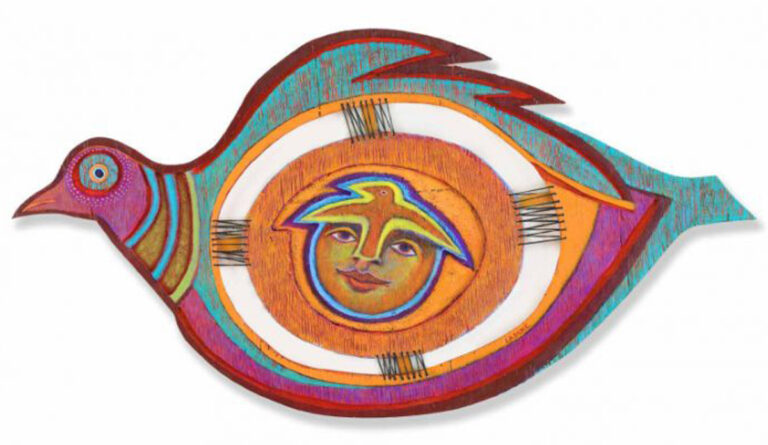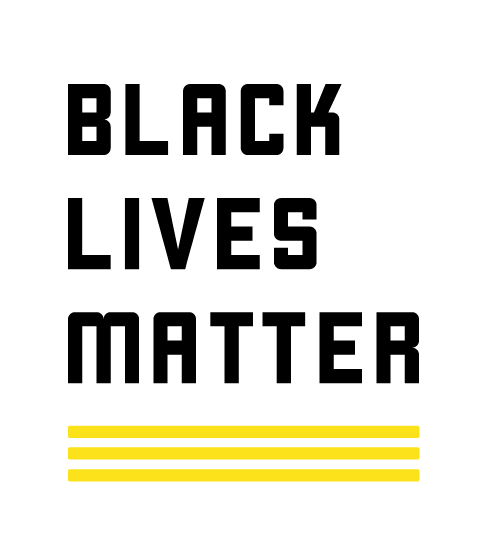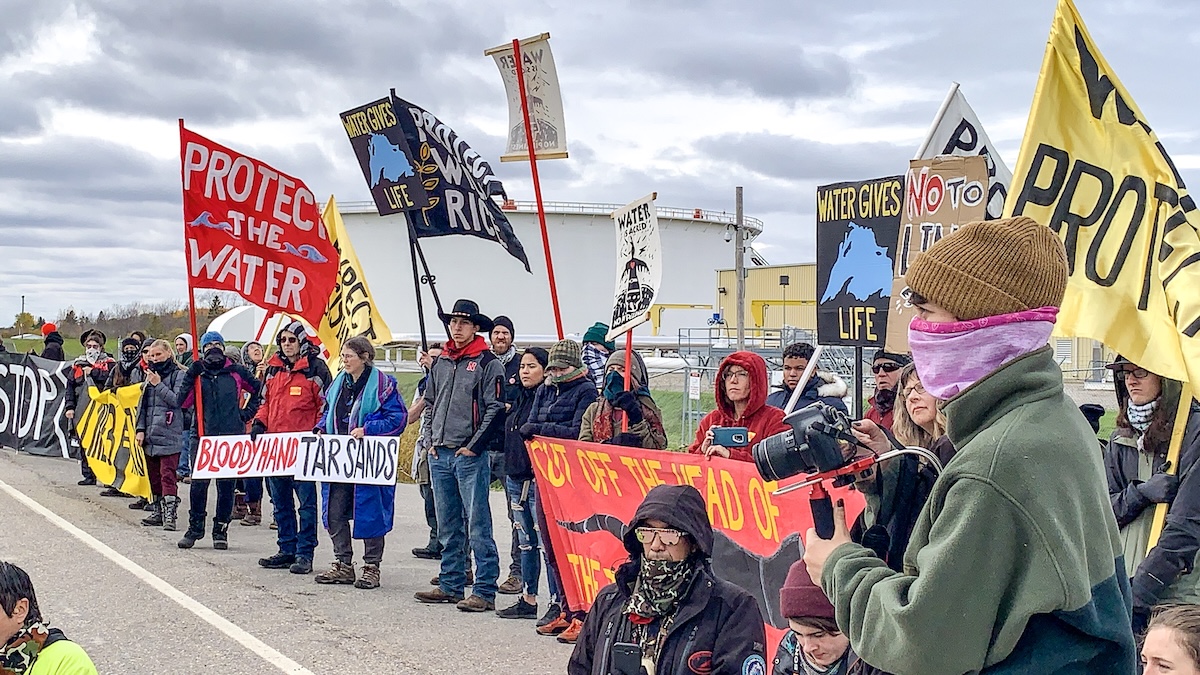8/10/2020
7/25/2020
7/17/202
“Images’ by Maureen Wilson -Jarrard, Ashland, Oregon
6/28/2020
Black essential workers’ lives matter. They deserve real change, not just lip service.
6/22/2020
“When we say #DefundPolice,” Congresswoman Rashida Tlaib tweeted days ago, “what we mean is people are dying and we need to invest in people’s livelihoods instead. Example: Detroit spent $294 million on police last year, and $9 million on health. This is systemic oppression in numbers.” http://peaceworker.org/2020/06/corporate-media-are-focusing-on-race-and-dodging-class/#sthash.NN91cJh6.dpbs?utm_source=June+22%2C+2020+PeaceWorker+Articles&utm_campaign=This+Week%27s+PeaceWorker+Articles&utm_medium=email
6/15/2020
My 11-Year-Old Got Called The N-Word. White Parents, Talk To Your Kids About Racism.
“I don’t have a choice but to teach my children about racism.”
Read in HuffPost: https://apple.news/
6/14/2020
America, The Business That Tried To Become A Country – by Larry Ward
6/9/2020
Race, Reclamation, and the Resilience Revolution – by Larry Ward
Dear White People: Here Are 10 Actions You Can Take To Promote Racial Justice In The Workplace
6/6/2020
Click here for full information: https://www.coursera.org/collections/race-inequality-social-justice?utm_medium=email&utm_source=marketing&utm_campaign=LFQmEKadEeqxW2EAYUwV1Q
Learn online via free Coursera classes to develop a better, more equitable future for all
|
6/7/2020
Local League of Women Voters Speaks Out Against Racism
LWVRV Racism press release (1)
5/31/2020
10/12/19
15-minute film on the history of racism in Oregon. https://www.youtube.com/watch?
6/08/19
Fighting Germans and Jim Crow: Role of Black Troops on D-Day
January 12, 2019: https://peacehouse.net/2019/01/25/white-fragility-why-its-so-hard-for-white-people-to-talk-about-racism/
University of Washington professor Dr. Robin DiAngelo reads from her book “White Fragility: Why It’s So Hard for White People to Talk About Racism,” explains the phenomenon, and discusses how white people can develop their capacity to engage more constructively across race.
August 18, 2018:
Documenting Hate Charlottesville, PBS
May 11, 2018:
Guest Opinion: KKK fliers are anything but harmless by Alma Rosa Alvarez
Peace House stands in solidarity with the Medford City Council value of diversity and against hate. We support the Rogue Action Center in calling for the Medford City Council meeting in which the recent fliers distributed there by the KKK were addresses.
These fliers wee openly recruiting membership in a pitch for divisiveness and racial bias. Such activity will only serve to cultivate a separate and racist culture, endangering people of color in our local communities at a time when we could be growing into a more open, collaborative and inclusive society. The current recruitment by the KKK is likely to increase incidents of racial bias, hate
speech and harassment that is experienced by local residents who are people of color. While the recruitment literature is not illegal per se, we appreciate the steps that the Medford Police Department and City Council took to address the concerns of citizens who are speaking out to encourage unity and diversity in the face of racism and dis-unity.
Newly Discovered 1964 MLK Speech on Civil Rights, Segregation & Apartheid South Africa |Daily Digest 01/15/2018





















